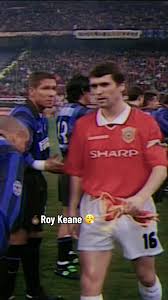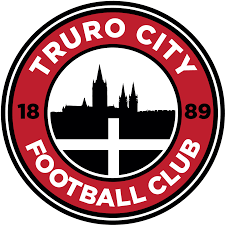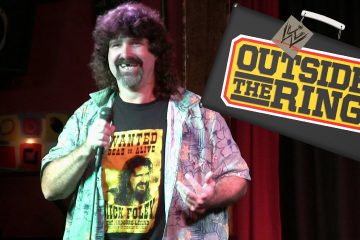Roy Keane: A Football Icon’s Journey and Legacy

Introduction
Roy Keane, known for his fiery personality and exceptional skill, is one of football’s most iconic figures. His career spanned over two decades, primarily at Manchester United, where he became known not just for his talent but also for his leadership qualities and uncompromising style. As we explore the latest developments surrounding Keane, it’s essential to consider his impact on the sport and modern football management.
Keane’s Early Career
Born on August 10, 1971, in Cork, Ireland, Roy Keane began his professional career at Cobh Ramblers before swiftly moving to Nottingham Forest in 1989, where he was nurtured under the mentorship of Brian Clough. His exceptional performances caught the eye of Manchester United, where he signed in 1993 for a then British record fee of £3.75 million.
Success at Manchester United
At Manchester United, Keane became a pivotal figure under Sir Alex Ferguson, contributing to a golden era that saw the club win seven Premier League titles and one UEFA Champions League trophy, among other honours. His fierce determination on the pitch set a standard for his teammates, and he often led by example, influencing players like Ryan Giggs and Paul Scholes. Keane’s infamous behaviour, including the notorious confrontations with referees and opponents alike, further solidified his reputation as a player who would not shy away from conflict.
Retirement and Transition to Management
After a distinguished playing career, Keane retired in 2006 and transitioned into management. He had stints with Sunderland, leading them to the Premier League, and later with Ipswich Town, before stepping back from the managerial role to focus on his media career. Recently, he has been involved in punditry, making headlines with his candid and often controversial opinions on contemporary football.
Current Developments
Currently, Keane’s name is frequently mentioned in the context of managerial vacancies, particularly with clubs struggling in the Premier League. His tactical acumen and ability to galvanise players could see a return to the touchline soon, with many fans and analysts advocating for his appointment to lead teams looking to reclaim their former glory.
Conclusion
The legacy of Roy Keane extends far beyond his time on the pitch. Known for his passionate and direct approach to both playing and management, he remains a significant figure in the football landscape. As clubs continue to face challenges in a competitive sports environment, the potential return of Keane to a managerial role could not only reignite his career but also reshape the future of any team lucky enough to engage his services. Football fans will undoubtedly keep a close eye on the developments surrounding Roy Keane, as his next move could mark another chapter in his already legendary story.









